Find a Provider
(801) 429-8000
1055 North 500 West
Provo, UT 84604
Posted by Revere Health
January 19, 2016 • Wellness Institute
For many people, with a new year comes new—or renewed—fitness goals. Motivation may be high in the beginning, but what about those days when our resolve is lacking or we’re just too tired to fit in a workout? Here are 14 ideas to help keep you on track:
Getting involved with any type of fitness class, like Zumba, can help provide some motivation. Classes are also a great activity for friends, or a chance to make new ones. Find a class you are interested in, or be brave and try a new one! Revere Health’s Wellness Institute has a Zumba class Wednesday evenings at 5:30 pm.
Walking for exercise may get disregarded since we do it all the time, but our bodies are burning energy nonetheless. Walking is a good alternative when you’re tired, because it’s simple, doesn’t require much thought, and is convenient: use a treadmill or hit the pavement! For a short, but intense workout, increase the incline on the treadmill or walk up some hills.
You don’t need fancy equipment to get a good workout; all you need is your own body weight. Common calisthenics exercises include: push-ups, sit-ups, pull-ups, lunges, squats, jumping jacks, tricep dips, and planking. Body weight exercises can be adjusted to your intensity level, so do a few circuits of exercises and you’re done in about 20-25 minutes. Remember to avoid heavy weights when you’re feeling tired!
If you have a particular schedule and want to stick to it, simply shorten the amount of time or reps. Some research suggests that shorter workouts can increase resting metabolic rate (RMR) and improve bone density.
High-Intensity Interval Training (HIIT) has become very popular recently because it’s short and effective, lasting between 15 – 30 minutes. HIIT has been shown to boost metabolism, burn fat, increase endurance, build muscle, and can be applied to almost every type of exercise. Here’s an example workout for the treadmill:
HIIT has been shown to boost metabolism, burn fat, increase endurance, build muscle, and can be applied to almost every type of exercise. Here’s an example workout for the treadmill:
Warm-up – 2 minutes @ 2-4 mph
*repeat jog and sprint sequence 7x*
*repeat recover, jog, sprint sequence 6x*
This type of HIIT workout lasts 5-20 minutes—perfect for when you lack motivation. These exercises can be done at home since you use your own body weight. Usually, workouts consist of 8-10 intense exercises broken down in four rounds with each exercise done for 20 seconds (resting for 10 seconds in between reps if you want).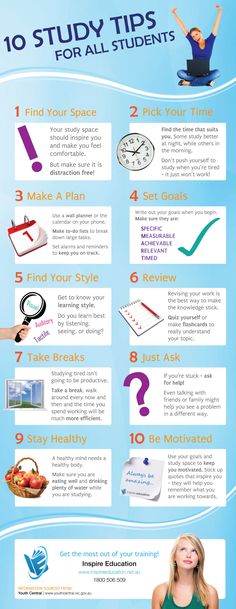 For example:
For example:
*rest and repeat 2-4 times*
This targets major muscle groups of the lower body, so you’ll be burning plenty of calories, even in a short duration. You don’t really have to think about much; just climb! Use the machine at the gym, an aerobic step, your stairs at home, or hit the football bleachers at your local high school.
Workout during your favorite show. Do some body weight exercises during the show (squats, lunges, crunches, tricep dips, etc.), then do cardio during the commercials (jogging/marching in place, jumping jacks, front kicks, etc.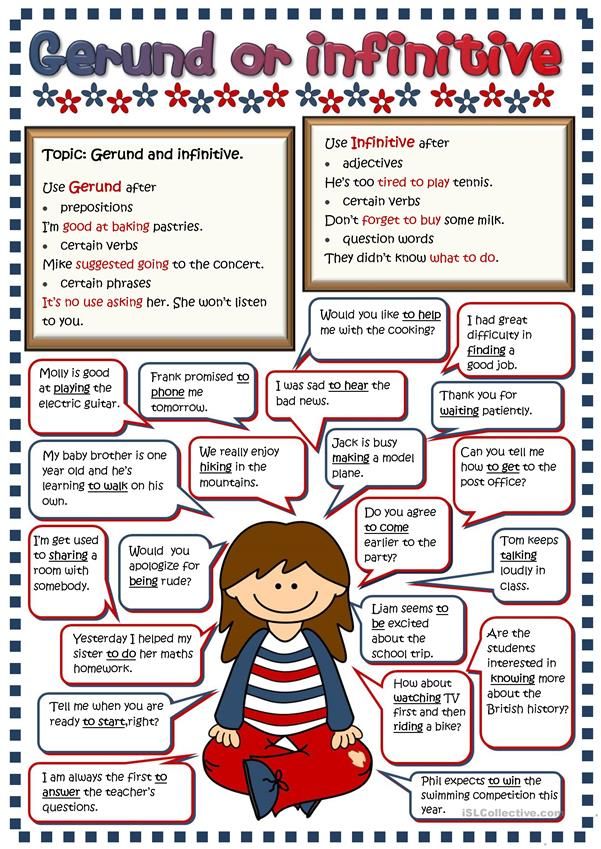 ).
).
Another workout you can do at home or in the gym. Targeting your abs is a great way to increase core stability and strength, without feeling super wiped out.
Have the motivation but not the energy? Yoga is the way to go. It’s a good alternative to help your body refocus and rejuvenate. The fluid movements of yoga keep your muscles strong, improve flexibility, and can reduce stress. Revere Health’s Wellness Institute offers a yoga class Monday and Thursday nights at 5:30 pm.
Stretching is vital to your body’s overall fitness and wellness. Intense workouts cause lactic acid to build up in your bloodstream, and muscle recovery causes soreness and stiffness. Stretching, drinking plenty of water, and adequate rest will help alleviate muscle soreness and get rid of lactic acid buildup. By taking time to stretch before and after your workout, your flexibility will improve, your risk of injury lessens, and your circulation will increase.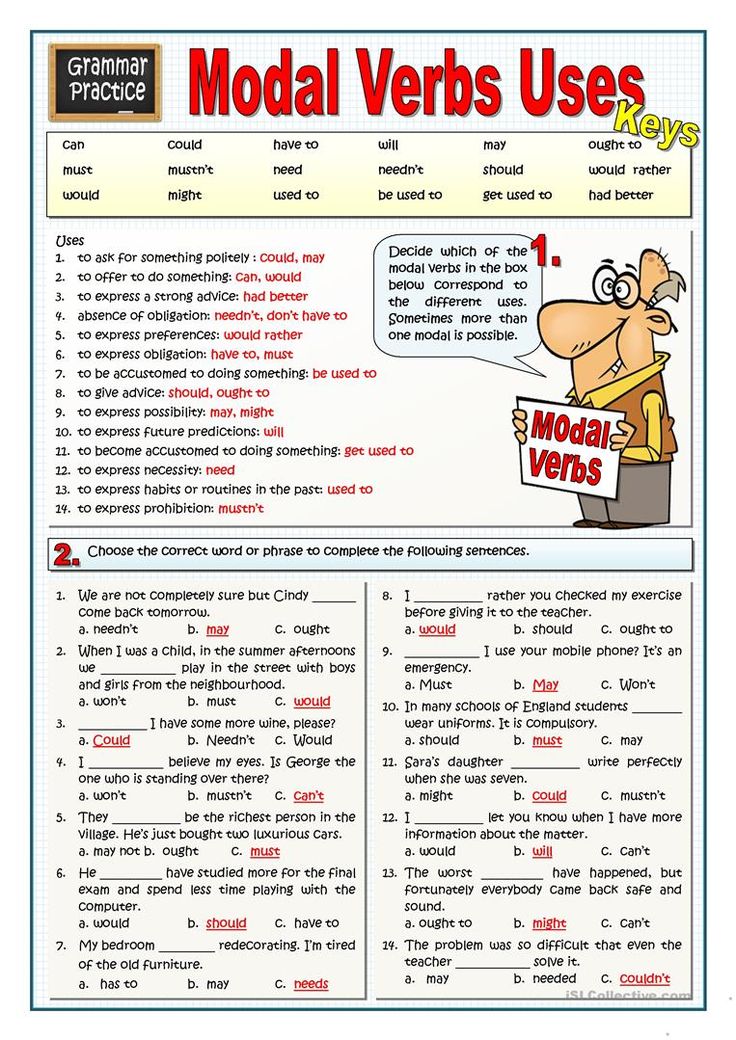 On days you feel too sore or fatigued, a relaxing stretching session can go a long way.
On days you feel too sore or fatigued, a relaxing stretching session can go a long way.
People don’t usually associate this with fitness, but you’re moving your body and burning calories while cleaning up your place, sometimes for up to 2 hours! Think about it: you use your arm muscles for polishing, your arms and core for sweeping, mopping, and vacuuming, and your legs by going up and down the stairs. Once you’re finished, you’ve got the house tidied up and your workout is done at the same time. Double accomplishment!
This is also known as self-myofascial release (SMR), which is used by Physical Therapists for muscle recovery and to prevent muscles from becoming overactive. This can help improve your movement and is stress-free. Be sure to focus on your hips.
Ask yourself: am I truly exhausted, or am I choosing not to move? There are days when you just need to sleep. If you didn’t sleep enough, then head to bed and not the gym. If you injure yourself, give your muscles some recovery time; you don’t want to trigger a cycle of fatigue.
If you injure yourself, give your muscles some recovery time; you don’t want to trigger a cycle of fatigue.
The Active Times
WRITTEN BY:
Learn more about Telehealth
December 15, 2022
December 15, 2022
November 21, 2022
November 21, 2022
November 1, 2022
November 1, 2022
October 21, 2022
October 21, 2022
See more posts
This information is not intended to replace the advice of a medical professional. You should always consult your doctor before making decisions about your health.
You should always consult your doctor before making decisions about your health.
Fitness
It’s part science, part art, part just take a nap if you want to.
By Shauna Harrison, Ph.D.
David Urbanke
I wish I could tell you that there’s always just one right answer to that age-old dilemma “I’m feeling tired and I only have enough time for more sleep or a workout, not both.” Here’s the thing. It really does kind of depend.
I know that my “it depends” response is not very helpful at 6:08 a.m. when you’re trying to decide between one more snooze cycle or resetting the alarm for 8 a.m. It doesn’t help at 4:58 p.m. when you’ve been stuck in front of a computer all day and you’re trying to decide between zoning out or working out. It doesn’t help when you are torn between a nap and a jog on a weekend afternoon. You’re tired. You need some energy. But you need some sleep. But you want to work out. But you’re tired. Just. So. Damn. Tired.
It doesn’t help when you are torn between a nap and a jog on a weekend afternoon. You’re tired. You need some energy. But you need some sleep. But you want to work out. But you’re tired. Just. So. Damn. Tired.
Right now, especially, when so many of us are practicing social distancing, our day-to-day lives and routines have changed a lot, and this can make it even more difficult to decide between sleep and a workout. Maybe you have less time to work with because your kids are at home with you. Maybe you’re not sleeping well because of everything that’s going on right now. But you’re extra invested in maintaining your routine because normalcy feels so good (and both exercise and sleep are so important for health!). Look, I get it. So I’m here to help disentangle this decision-making process so that you feel equipped to do what you need to do for your mental and physical health and well-being.
For me personally, it depends first and foremost on what type of tired I am. (By the way, nothing says you’re over 40 like having categories of tired, and I’m proudly 42, with just about that same number of delineations for fatigue and feeling tired. ) Some types of tired I know right off the bat will necessitate sleep, while other types scream, “Take me for a run!” Those are the far ends of the spectrum, though. It’s all the points in between that make the decision more complex.
) Some types of tired I know right off the bat will necessitate sleep, while other types scream, “Take me for a run!” Those are the far ends of the spectrum, though. It’s all the points in between that make the decision more complex.
Listen, I can’t help it. I’m a public health Ph.D. and I love me some data. I’m always going to start my decision process with at least a baseline understanding of the research (because science). The science on sleep is plentiful, but here are some highlights that are constantly floating through my mind, especially in light of the new coronavirus pandemic, as many of us are extra focused on our health and well-being.
 (Check out SELF’s reporting on how much sleep you need, why, and how to get more here.)
(Check out SELF’s reporting on how much sleep you need, why, and how to get more here.)So, while the research tells us that exercise is good for you (and good for sleep) and sleep is good for you, the data can’t really tell us how to answer our specific question of sleep versus exercise. This is partly because there isn’t really research on whether one should be prioritized over the other or the pros and cons of working out when you’re tired (or, I guess, sleeping when you could be exercising). The other thing, though, is that data is really just a jumping-off point.
Studies don’t know my body! Research doesn’t know my needs! The data will never be able to make the sleep-versus-exercise decision for me. Only I can do that. How, then, do I figure out which one I need more of at a given moment?

I listen to my body, intently and incessantly. I’ve had to learn (the hard way) how to constantly tune in to what I’m feeling and what I need, because my body, soul, and mind sometimes like to play the age-old game of telephone, which means that sometimes the messages get scrambled along the way. When this happens to me, it can lead to both injury and illness.
Training is a HUGE part of my life and job, and it’s something I absolutely love. So I know that my personal tendency will not be that I need to be convinced to peel myself off the couch. It is far more likely that I will need to be convinced to tell my deeply ingrained instinct to hustle to chill the eff out. I naturally err on the side of “more workout,” and I quite often need to check myself and lean into “more sleep.” I realize that is not the case for everyone, and to be honest, it’s definitely improved as I’ve gotten older. To be really honest, 22-year-old me probably wouldn’t have even read this article, let alone written it, but I’ve lived and learned and been injured and all the things, so I listen better.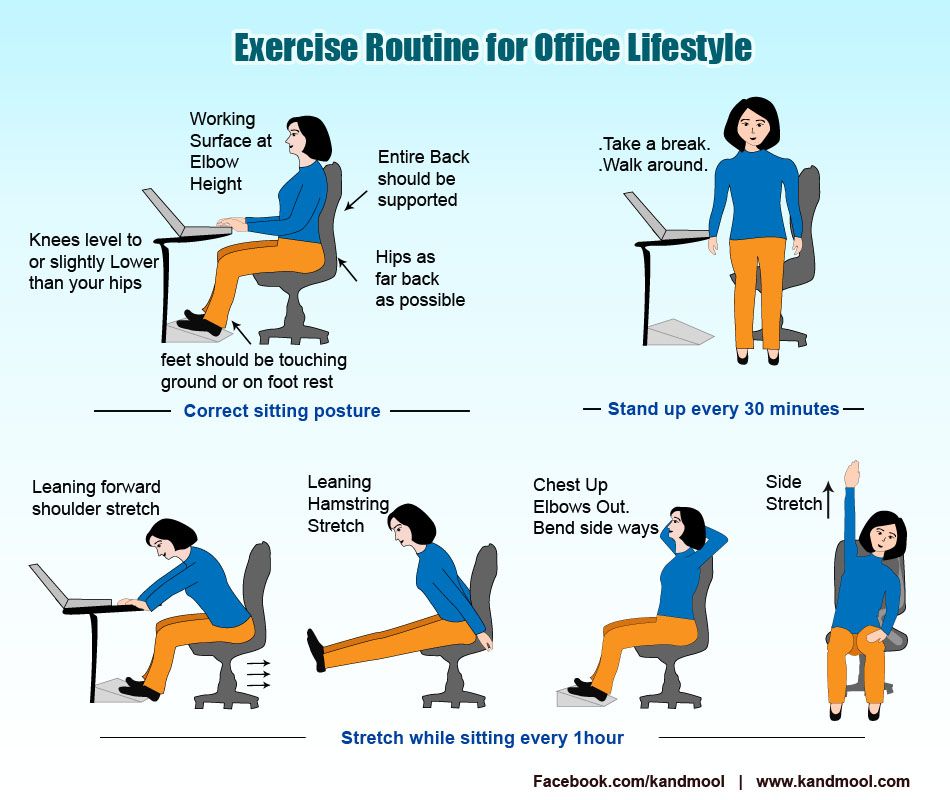 Not perfectly, but better.
Not perfectly, but better.
Most Popular
Whether you tend toward team “more workout” or team “more sleep,” the most important and useful thing to note here are your own tendencies. This is definitely a check-yourself-before-you-wreck-yourself type of situation. We all have our things and our tendencies, and it can be superhard to be bluntly honest about what we need in the moment. It has taken years (plus some torn hamstring tendons and a recent meniscus surgery) for me to be really, really real with myself. I hope that you can skip the injuries and extra years and just learn to listen better now.
So, when faced with the decision between sleep or exercise, just know that you’ll probably automatically gravitate to whatever is familiar and instinctual to you. To help override those natural impulses and really tune in to what my body needs at that particular moment, I like to ask myself these questions:
How much sleep did I get the night before? At least seven hours?
Will training now help me sleep better tonight?
How fatigued is my body? How hard have I trained this week? What do I have the next day?
Any aches, pains, or injuries? Will my body benefit from a little bit of rest? Am I putting myself at risk for (more) injury?
How am I feeling emotionally? Did I have a super-intense therapy session? A really hard phone call? A day that surfaced old trauma?
How distracted am I mentally? Am I on a deadline? Mentally all over the place? Did I just spend eight hours in front of a computer?
Have I been traveling/is my immune system working overtime? Am I feeling run down?
Will a quick nap help? Or meditation? Or journaling? Being still for a few to gather my thoughts and energy?
How will skipping this workout make me feel later? Rested? Stronger?
Is my ego getting in my way? Am I just trying to push myself too hard to prove (to literally no one) that I am a badass? Or that I’m not weak? Or that I (ridiculously) think that I don’t need to rest?
Most Popular
Now, look, I can’t tell you what to do based on your answers.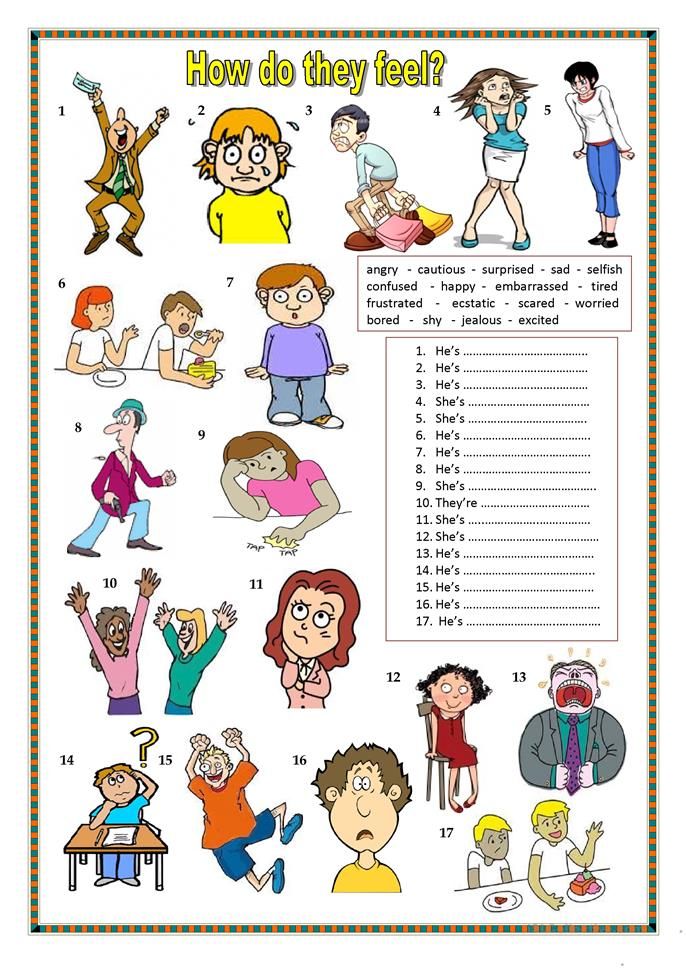 Some people might need a hard workout after an emotionally intense day, whereas others need quiet alone time and a total break from activity. The point of these questions, in other words, isn’t to arrive at the “right” answer, but to guide yourself in thinking more intentionally and critically about what your body and mind are asking you for.
Some people might need a hard workout after an emotionally intense day, whereas others need quiet alone time and a total break from activity. The point of these questions, in other words, isn’t to arrive at the “right” answer, but to guide yourself in thinking more intentionally and critically about what your body and mind are asking you for.
The list of questions is exhausting on its own, I know. But the more you start to pay attention, take mental notes, really listen, the more you’ll know exactly what your body needs. The eternal debate will answer itself. For example, I’ve learned that if I’m even at a point where I am legitimately questioning if I should rest or not, it’s an immediate red flag. I know that the mere fact that I’m unsure is an indication that I likely need to rest. Any indecision is usually my ego just trying to prove itself as the overachieving hustler at the expense of the rest that my body really needs.
So, yes, my answer is still “It depends,” though in my specific case, my answer is usually: “Choose sleep. ” To answer the question for yourself, you’ll probably need to have some hard conversations with your own body.
” To answer the question for yourself, you’ll probably need to have some hard conversations with your own body.
Related:
Shauna is a self-proclaimed nerd, hip-hop head, jock, and yogi. A graduate of Stanford, UCLA and Johns Hopkins, she simultaneously pursued academics and fitness obtaining her PhD in Public Health and teaching fitness classes across the country. Through her unique style and authenticity that blends her love for hip hop,... Read more
SELF does not provide medical advice, diagnosis, or treatment. Any information published on this website or by this brand is not intended as a substitute for medical advice, and you should not take any action before consulting with a healthcare professional.
TopicsThe Sweaty Professorsleepexerciseworking outnapsleeping
More from Self According to statistics, the main reason that more than half of the clients of fitness clubs stop their classes is the lack of results.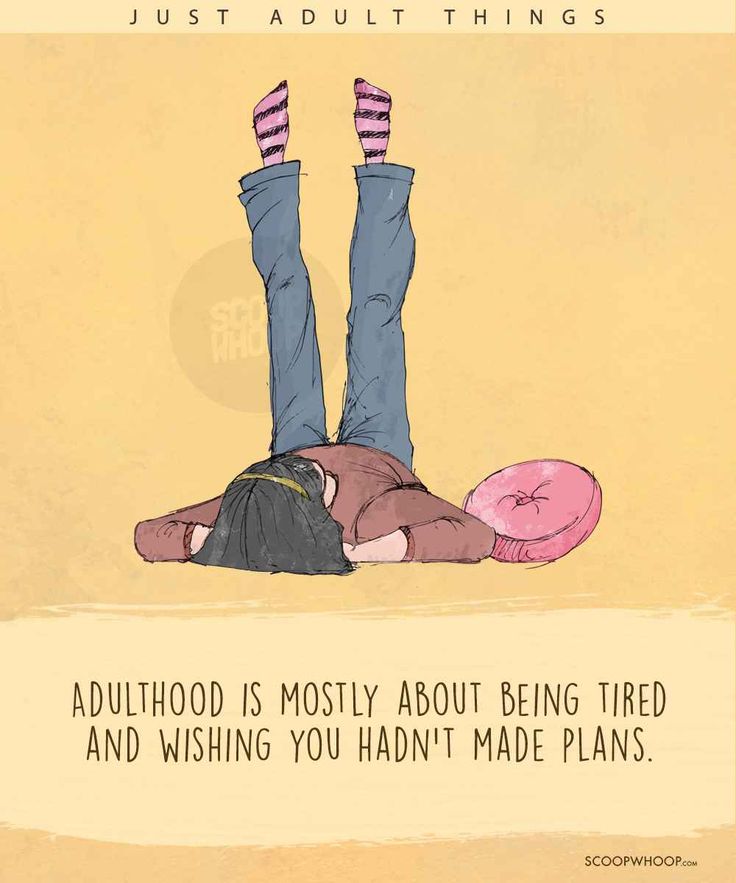 And indeed, after a period of quick and rather easy successes, there suddenly comes a moment when the process goes on, but no achievements are observed. Neither an increase in loads, nor the introduction of additional training into your schedule can affect the situation. In addition, there is a feeling of constant fatigue and apathy. “Apparently, fitness is not for me,” the man thinks disappointedly and sadly leaves the club. nine0003
And indeed, after a period of quick and rather easy successes, there suddenly comes a moment when the process goes on, but no achievements are observed. Neither an increase in loads, nor the introduction of additional training into your schedule can affect the situation. In addition, there is a feeling of constant fatigue and apathy. “Apparently, fitness is not for me,” the man thinks disappointedly and sadly leaves the club. nine0003
It's a pity, you shouldn't have capitulated so quickly to the difficulties that have arisen, especially since they are all temporary. This period of failures and disappointments is just a test of strength, from which each of us can easily emerge victorious. To do this, you just need to know what is happening to us during this period, and respond in a timely manner to the signals that our body sends us. And then the period of physical improvement will last for a very long time, and the process itself will bring only joy and pleasure. nine0003
Success in improving physical fitness depends on how effectively we can implement the basic principles of fitness - training, nutrition and recovery.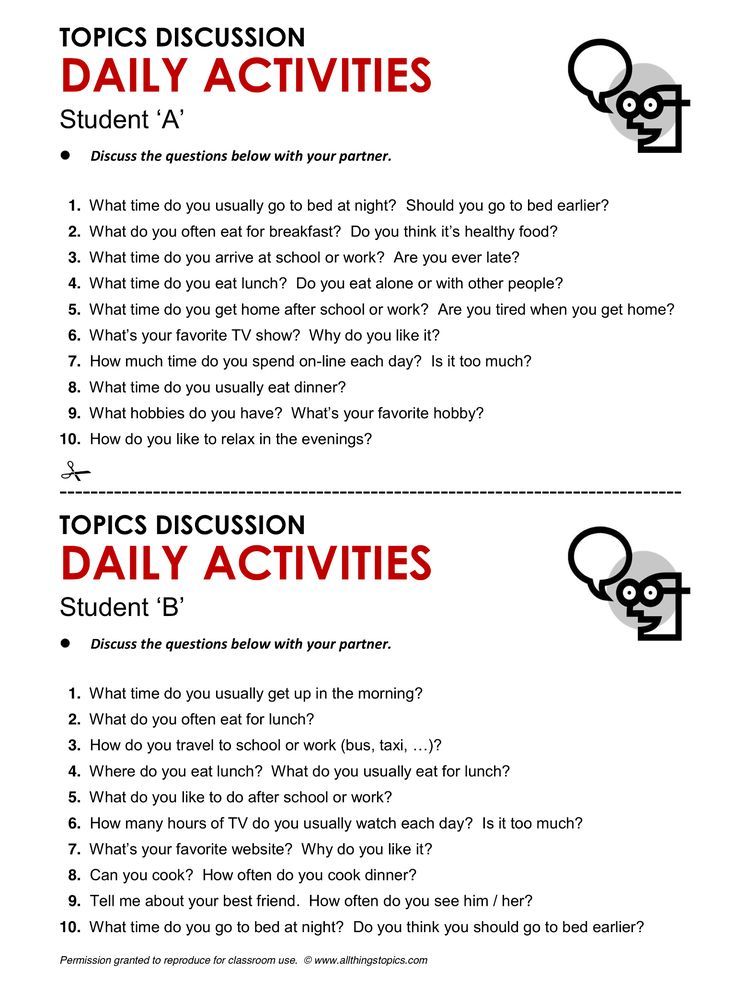
Practice shows that, as a rule, enough attention is paid only to training and nutrition, and the process of rest and recovery is left to chance.
This omission is quite understandable and understandable. In everyday life, the bulk of our time and energy is devoted to work, study, raising children and household chores. What if we add regular workouts in a fitness club to this? But all the basic processes in your body occur outside the gym. Our muscles are strengthened and grow not during the training itself, when only the adaptation mechanism is turned on, but when we passively rest - we enable the body to direct energy to “repair work” to restore the muscular-ligamentous apparatus and to strengthen its “combat positions”. nine0003
This also applies to the fat burning process. The main task of training aimed at reducing body weight is to set up the body to receive energy in everyday life from fats and speed up metabolic processes. But in a state of overwork and overtraining, the metabolic rate automatically slows down and the effectiveness of the training inevitably decreases, or even completely reduces to zero.
If, after a high-intensity workout, we continue to actively expend our energy, do not sleep enough, and are in a state of constant nervous tension, then we greatly increase the risk of falling into a state of stress. And then you won’t have to talk about any muscle growth - you would save what was. Moreover, long-term under-recovery leads, first of all, to the loss of muscle mass, since it consumes the largest amount of energy and becomes economically unprofitable for the body in the conditions of an energy shortage. nine0003
Good rest rules
Our recovery period needs the same careful planning as the training process. There is nothing super complicated in this, especially if you know the basic rules of the recovery strategy, they are also the rules for dealing with overtraining.
Rule 1. Get enough sleep!
The textbook eight hours of mandatory sleep is a very conditional figure. Each of us needs a different amount of sleep to feel good. So in this matter, focus solely on your individual characteristics and needs. nine0003
Each of us needs a different amount of sleep to feel good. So in this matter, focus solely on your individual characteristics and needs. nine0003
Rule 2. Follow!
Even if you are a pronounced "night owl", try to fall asleep no later than 24 hours (at least make it a time for passive rest). It is at night that regeneration processes occur most intensively. One sleepless night can set you back far from your fitness goals. If you have difficulty falling asleep, your sleep is restless and interrupted, try to determine the cause of this and, if possible, eliminate it. Do not forget about the methods of auto-training and psycho-emotional relaxation. nine0003
Rule 3. Recover!
Is your goal to increase muscle mass? Then "heavy" workouts for the same muscle group should be carried out only if they are fully restored, otherwise your training will take place in the catabolism mode - the destruction of muscle tissue.
The ability to recover is individual for each of us. For someone, two or three days of rest is enough, and for someone, even a week will not be enough. Different muscles also need their own time to recover. And each of us must clearly define this time for ourselves. An indicator of muscle readiness for a new work with weight - if during the working set you feel that you could add one or two more repetitions. nine0003
Rule 4: Supplement!
During high-intensity training, take an antioxidant complex and / or adaptogens.
Antioxidants (vitamins A, E, and C, synergistically acting in combination) promote tissue regeneration and protect against the damaging effects of free radicals, the number of which increases sharply during periods of intense physical exertion.
Adaptogens - natural preparations that increase the body's resistance to adverse environmental influences - for example, eleutherococcus, Rhodiola rosea, leuzea, ginseng.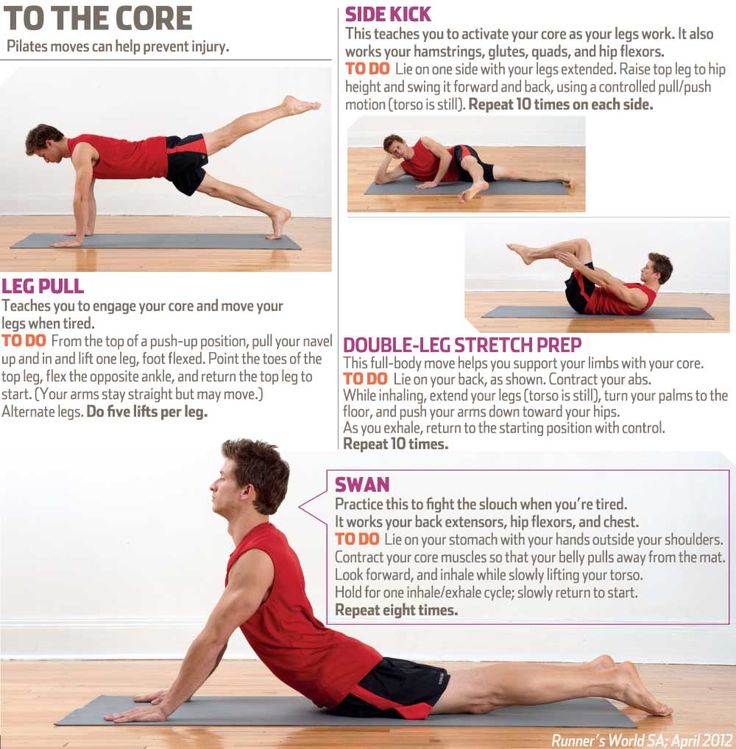 Their positive effect is achieved by optimizing metabolic processes, and not by sharp stimulation of the nervous system (as, for example, when taking caffeine-containing drugs). nine0003
Their positive effect is achieved by optimizing metabolic processes, and not by sharp stimulation of the nervous system (as, for example, when taking caffeine-containing drugs). nine0003
Rule 5. Break up workouts!
It has been proven that a cyclic training regimen is the best prevention of stagnation in the results of training. It is this mode that will help you maintain a high level of intrinsic motivation.
Divide the training process into cycles, between which there must be several days of rest from training. The duration of the training period depends on its intensity and varies from one and a half to three months. nine0003
Rule 6. Don't overwork!
If you, overcoming yourself, train in a state of general physical overwork, you thereby increase the risk of injury (both during training and outside the gym), since the muscles that have not recovered for new work transfer part of their work to the ligaments and joints .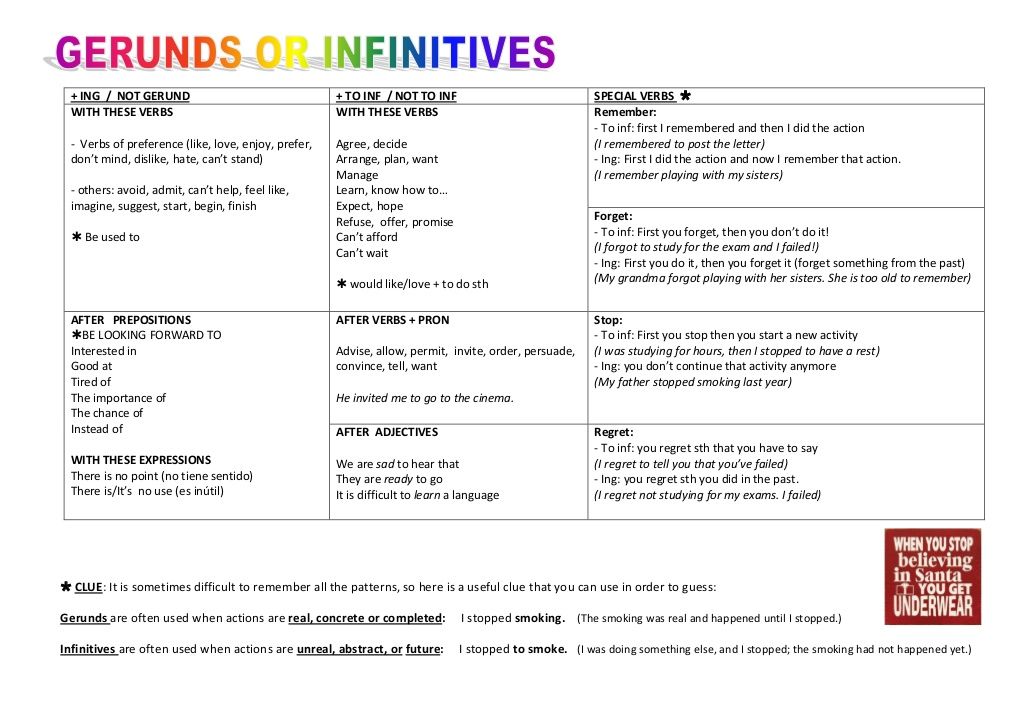 Overwork also threatens the development of overtraining syndrome, which is characterized by a feeling of depression, apathy, a sharp decrease in immunity and muscle weakness. This syndrome can last for quite a long time. nine0003
Overwork also threatens the development of overtraining syndrome, which is characterized by a feeling of depression, apathy, a sharp decrease in immunity and muscle weakness. This syndrome can last for quite a long time. nine0003
How to determine in time that you are living at the limit of life's possibilities?
The appearance of the following signs should be for you at least a reason to reduce the intensity of training, and at the most - to introduce a break in your training process for a week or two.
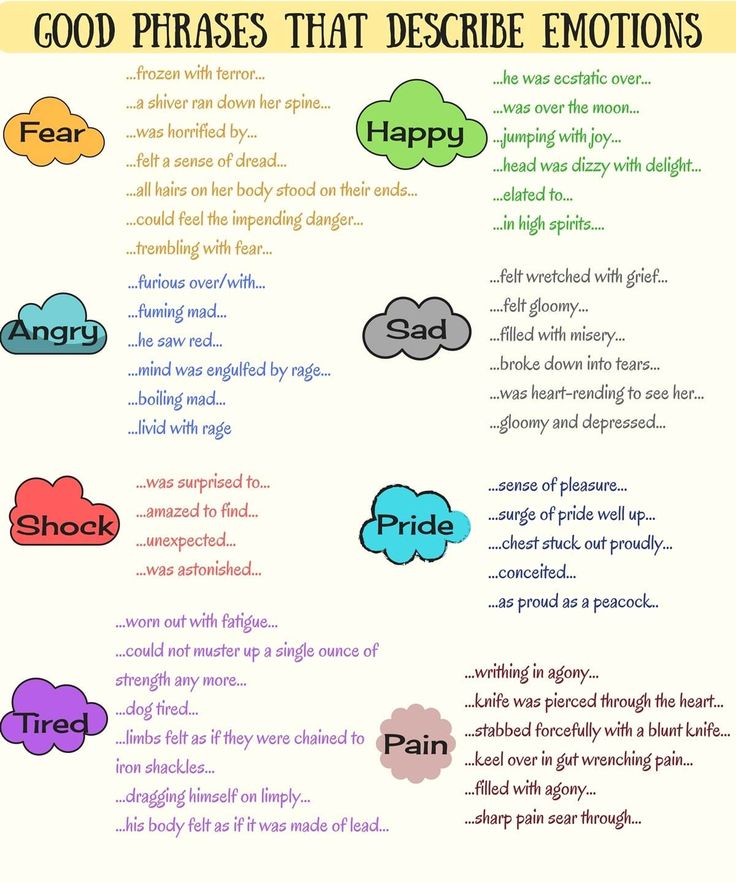 You either start eating too much (moreover, leaning on foods forbidden by your diet), or, on the contrary, too little, with difficulty forcing yourself to swallow something. nine0018
You either start eating too much (moreover, leaning on foods forbidden by your diet), or, on the contrary, too little, with difficulty forcing yourself to swallow something. nine0018 And please remember: overcoming yourself at all costs is not always the best way to achieve your goals.
Text: Olga Morozova
When we plan loads and write down the upcoming work in our training diary, we are full of optimism.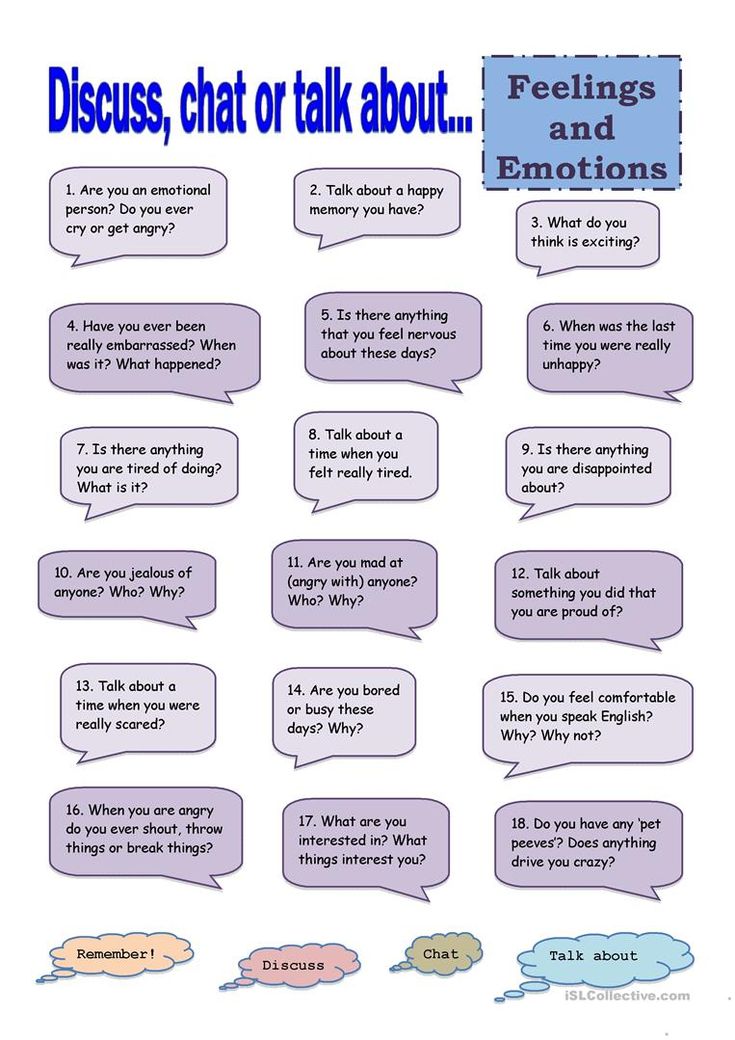 We write down the exercises and upcoming sets, anticipating the possible increase and long-awaited progress. However, even starting to prepare for a training session in advance, we cannot always influence its result, just as we cannot count on the fact that it will go as we expected. nine0003
We write down the exercises and upcoming sets, anticipating the possible increase and long-awaited progress. However, even starting to prepare for a training session in advance, we cannot always influence its result, just as we cannot count on the fact that it will go as we expected. nine0003
Why is this happening? Because life sometimes makes its own adjustments and, unlike training, it is not always possible to plan it the way we would like. Did you get enough sleep today, were you praised at work, did you get stuck in traffic on your way home, and was the day clear and sunny? So you will get into the gym in a great mood and, perhaps, even set a personal record in some exercise. If so, then congratulations - everything is fine!
But another option is also possible: you didn't get enough sleep (and almost overslept your work!), you forgot to take lunch with you and got caught in the rain, your mood is somehow not like that all day and your thoughts are not about sports at all.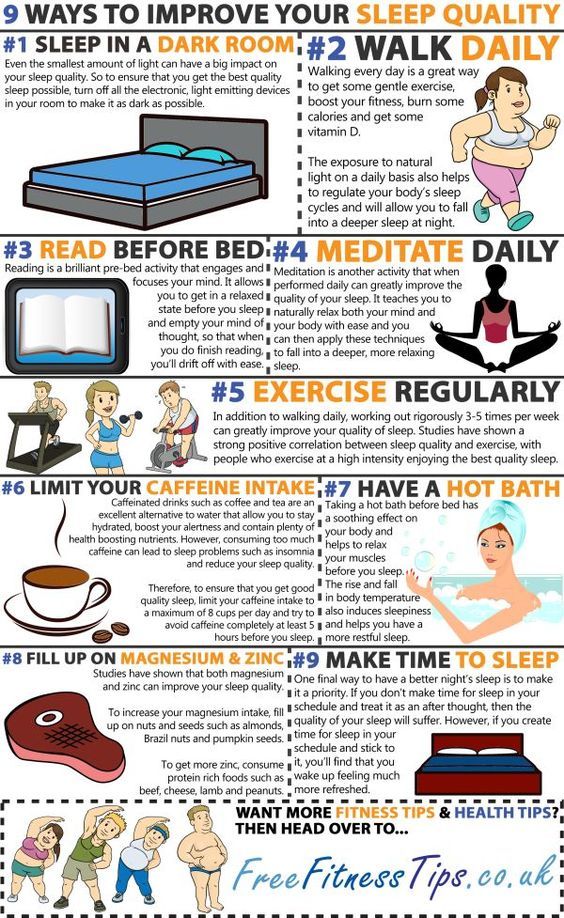 And what to expect from the upcoming training? We did some work and went home. Never mind, better luck next time!
And what to expect from the upcoming training? We did some work and went home. Never mind, better luck next time!
What if the pace of life gets even crazier, busyness increases, and stress levels only increase? Will you have to put up with a constant decline in athletic performance caused by disrupted workouts and reduced performance in the gym? I don't think it's worth doing. Instead, you need to learn how to give your body only as much exercise each time as it can digest at a particular moment in time. It is necessary to become more flexible in relation to training, and if the rhythm of life has become faster at some period of life, not to be overloaded with unnecessary work in the gym. nine0003
Stop wasting time. To begin with, let's make it a rule to prepare for the upcoming workout in advance. If the training is to be in the evening, after work, be ready for it the evening of the previous day. Pack a bag, prepare a shaker and the necessary additives.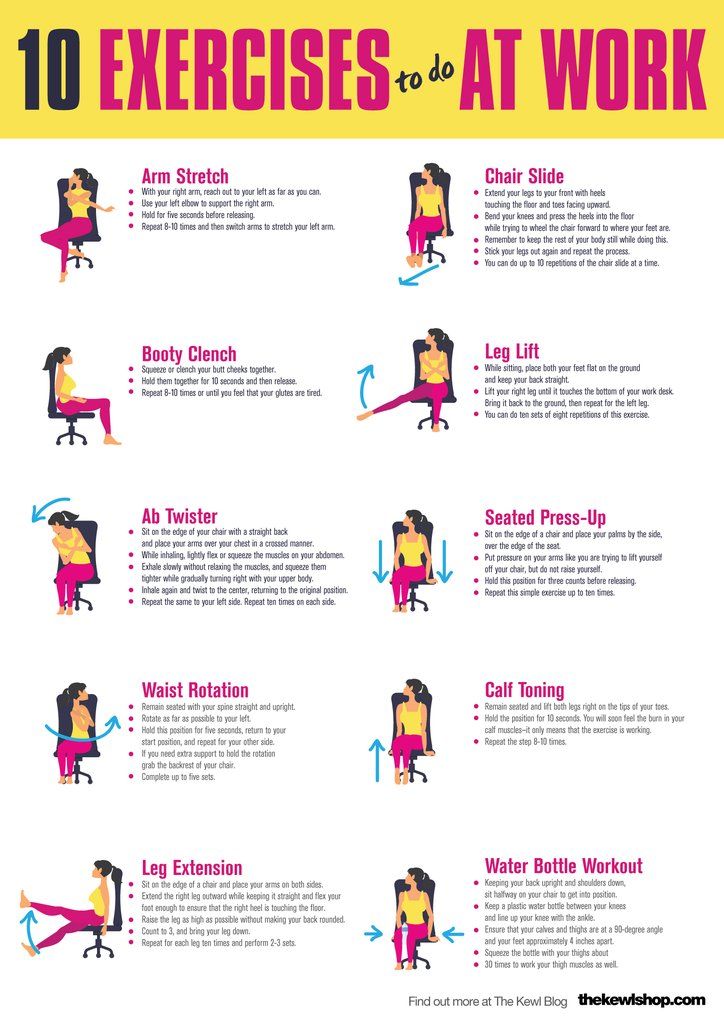 Make sure that after work you only have to take a bag and go to training. This is necessary in order not to waste time and extra energy on training camps before the training itself. If there is so little time and energy, then you may be tempted not to go anywhere today. However, imagine for yourself: having gathered for training in the evening, you will get to the gym and return home much earlier. The amount of time saved in this way may pleasantly surprise you. nine0003
Make sure that after work you only have to take a bag and go to training. This is necessary in order not to waste time and extra energy on training camps before the training itself. If there is so little time and energy, then you may be tempted not to go anywhere today. However, imagine for yourself: having gathered for training in the evening, you will get to the gym and return home much earlier. The amount of time saved in this way may pleasantly surprise you. nine0003
First, let's agree on what it is better not to eat immediately before training. Do not arrange yourself a dense meal of fatty foods. Fat slows down digestion, and exercising on a full stomach is by no means a pleasure. Plus, eating too much can make you lethargic. Believe me, you will not have any desire to train in this state. And if it occurs, it will pass very quickly.
Instead, use what has been developed specifically for you, the athlete. Namely, sports nutrition. The Myprotein range has just about everything you need to make your workout perfect. And believe me, you will have plenty to choose from! Starting with the simplest, our most explosive MyPre 2.0 pre-workout to improve focus and concentration. Its formula will invigorate you, and you will easily tune in to a productive workout. nine0003
If you decide not to use pre-workouts, but you have both protein and creatine, take a serving of both before going to the gym. In addition, a cup of invigorating coffee will not be superfluous. Creatine and caffeine will give you strength, while protein will provide you with valuable amino acids.
Remember that extra energy during training certainly does not hurt. So instead of drinking plain water, add 30 grams of glucose or maltodextrin to your shaker. Fast carbs will keep your sugar levels in check and you'll experience less fatigue. Try it yourself, you will very quickly feel the benefits of such a simple drink, and it will definitely take its rightful place in your diet. nine0003
nine0003
If you build your training around simple compound exercises (and we hope you have already learned how to do this), then your program is most likely supplemented with a variety of isolated exercises for those muscles that you want to pay due attention. I think that if you have good fitness, then the working volume in them should be solid. But imagine that you have absolutely no strength, you get so tired during the day that you can’t afford to do 7-8 exercises. In this case, you need to come up with a program in advance that will become your backup plan on the day when you feel that you don’t have enough strength for your standard workout. nine0003
Plan B could be a workout similar to yours, but significantly reduced. For example, if your plan is to have back and legs, you can deadlift with your legs loaded and do a couple of sets of pull-ups or pull-downs of your choice. Deadlift will put a load on many muscles of the body. Just lower your reps, do one working set, and then take a break to work on your back.